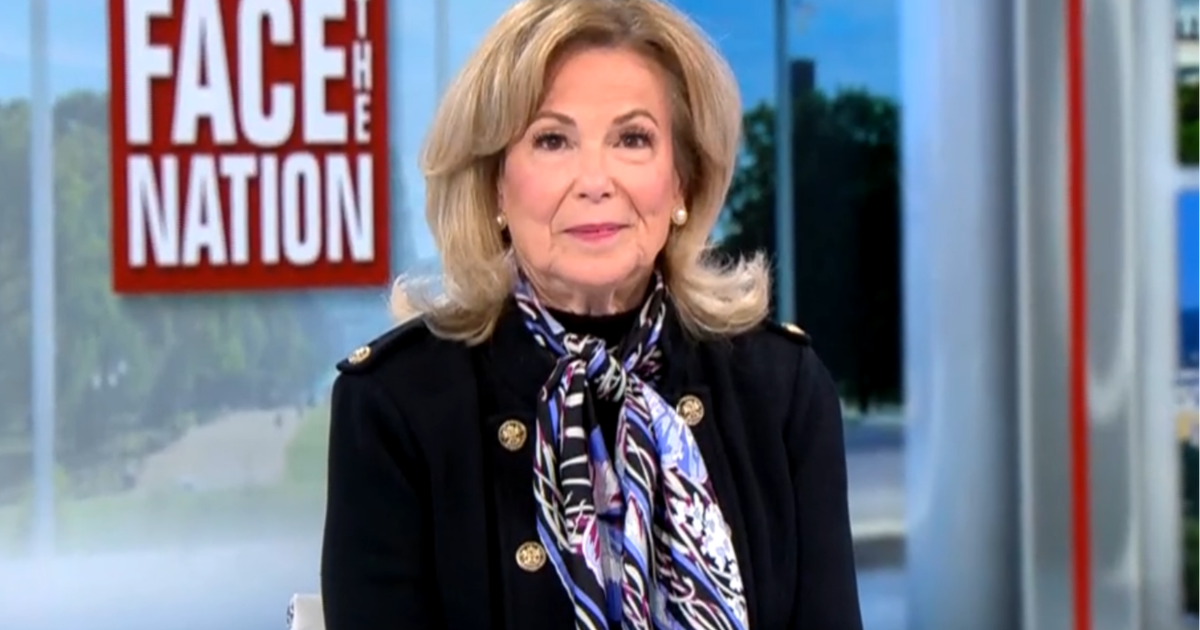
Dr. Deborah Birx, former White House Coronavirus response coordinator, said Sunday she is “excited” for the data on key health issues that will surface in Senate confirmation hearings for Robert F. Kennedy, Jr., President-elect Donald Trump’s controversial pick for Health and Human secretary who has spread false information on vaccines and autism.
“I’m actually excited that in a Senate hearing he would bring forward his data and the questions that come from the senators would bring forth their data,” Birx said on “Face the Nation with Margaret Brennan.” “What I know for sure is he’s a very smart man who can bring his data and his evidence base forward, and we can have a discussion that many Americans believe already is a problem.”
President-elect Donald Trump announced Thursday in a social media post that he’ll nominate Kennedy to oversee the Health and Human Services Department, which encompasses multiple agencies and has a $1 trillion budget. The position has to be approved by the Senate, which, come January, will be controlled by Republicans, which could make the nomination process easier but is not a guarantee.
“I am thrilled to announce Robert F. Kennedy Jr. as The United States Secretary of Health and Human Services (HHS),” Trump wrote in a social media post last week. He said Americans have been “crushed by the industrial food complex and drug companies who have engaged in deception, misinformation, and disinformation” about public health, and Kennedy would “Make America Great and Healthy Again!”
At an October rally, Trump promised to let Kennedy “go wild” on health issues.
Kennedy has criticized vaccines extensively in the past, including spreading misleading claims about their safety. He has also pledged to tackle an “epidemic” of chronic diseases and believes that large drug and food companies are to blame for a broad swath of ailments. Kennedy argues that a number of health issues in the U.S. have worsened, including autism, attention-deficit/hyperactivity disorder, sleep disorders, infertility rates, diabetes and obesity, which he blames on federal inaction.
Kennedy has insisted that he is not “anti-vaccine” and has pledged not to ban vaccines under the Trump administration. Kennedy instead promises to “restore the transparency” around vaccine safety data and records that he accuses HHS officials of hiding. This data is expected to be addressed in upcoming confirmation hearings in Congress, a dialogue that Birx said she believes Americans will benefit from learning more about the differing perspectives on concerns surrounding vaccines.
“So until we can have that transparency and that open discussion from both sides, I know the members have incredible staffers who will bring great questions from their constituents, and that hearing would be a way for Americans to really see the data that you’re talking about,” Birx said on Sunday.
Dr. Peter Marks, the FDA’s top vaccines official, said at an event hosted by the Milken Institute last week ahead of Trump’s decision that he hopes to find common ground with Kennedy and that he is also open to a conversation based on data.
“What I would ask of him is that he keep an open mind. We’re happy to try to show as much of the data as we can. And I think the data are essentially overwhelming, in certain areas, but we’ll just have to engage in the dialogue,” Marks said.
If confirmed by the Senate, Kennedy will be in charge of a giant portfolio, including the Centers for Disease Control and Prevention (CDC), the Food and Drug Administration (FDA), the National Institutes of Health (NIH) and the Centers for Medicare and Medicaid Services.
Birx said on Sunday that Kennedy, who ran for president this year but has never held public office and is already facing criticism for his qualifications, would benefit from having an experienced team around him that come from the medical industry.
“So really having a management person at his side, a chief of staff, perhaps that has really come out of industry that would know how to bring and look and bring those individuals together that are running the other agencies, because … HHS is probably one of our most complicated departments,” Birx said.
